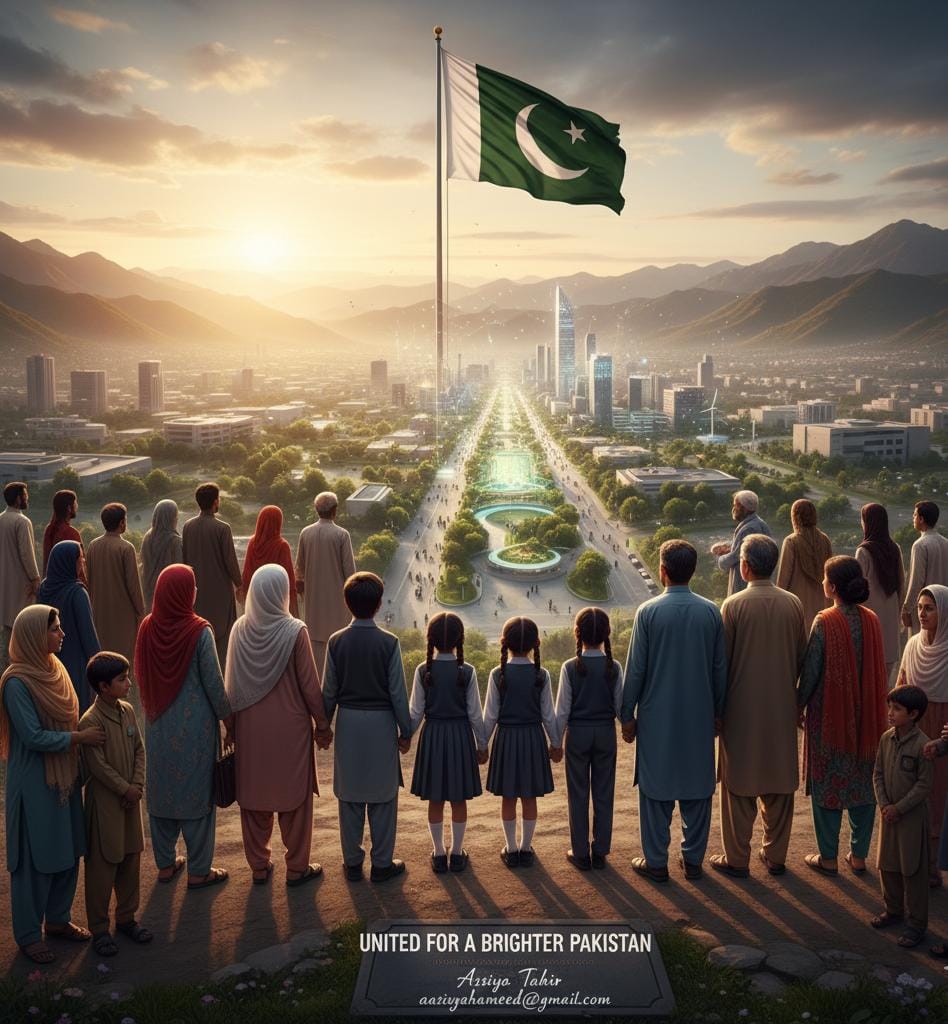The contemporary landscape of Pakistan, digital technology has emerged as a double-edged sword, offering both opportunities and challenges. The pervasive influence of social media platforms and online communication tools has the potential to foster dialogue and understanding among diverse communities. Promoting peace and tolerance through these digital channels, Pakistan can address its longstanding issues of sectarianism and ethnic conflict. Educational initiatives that harness digital technology can serve as catalysts for social change, encouraging empathy and cooperation among individuals from different backgrounds. Leveraging digital technology for peace building requires a concerted effort from various stakeholders, including government agencies, non-governmental organizations, and civil society. Campaigns that emphasize shared values and common goals can utilize social media to reach a broader audience, thereby countering extremist narratives that often proliferate online.
Furthermore, fostering critical thinking skills in young people will empower them to navigate the complexities of information dissemination in the digital age. Social media platforms serve as crucial arenas for public discourse, where diverse narratives compete for attention. A sense of community and shared identity among users, these campaigns can create an environment that encourages positive dialogue and mutual understanding.
Moreover, the viral nature of social media allows for rapid dissemination of messages that resonate with collective aspirations. When highlight universal themes such as equality, justice, and compassion, they not only attract a wider audience but also facilitate engagement across ideological divides. This strategic approach enables the creation of counter-narratives that undermine extremist ideologies by promoting inclusivity and social cohesion. Ultimately, shared values presents a promising avenue for mitigating the influence of radical perspectives online. Cultivating an informed and engaged citizenry committed to common goals, society can collectively challenge extremist views and foster a more harmonious digital landscape.
In contemporary society, digital technology emerges as a pivotal tool for fostering peace and tolerance, particularly in conflict-prone regions such as Pakistan. The proliferation of social media platforms allows diverse narratives to be shared, enabling individuals to engage in constructive dialogues that transcend cultural and religious divides. By facilitating communication among various communities, these platforms can help dismantle stereotypes and promote mutual understanding.
Digital technology offers innovative educational resources that can be harnessed to teach the values of tolerance and coexistence. Online courses and webinars can provide critical insights into conflict resolution strategies while promoting empathy through storytelling initiatives. Such educational endeavors are essential for cultivating an environment conducive to harmony, as they empower individuals with the knowledge necessary to challenge extremist ideologies. In peace building efforts digital technology can enhance community engagement by mobilizing grassroots movements that advocate for social justice. By creating virtual spaces for collective action, citizens of Pakistan can unite in their pursuit of a more inclusive society. Embracing digital solutions will not only promote peace but also fortify the foundations of democracy within the nation.
Pakistan, a nation characterized by its diverse cultures, languages, and traditions, possesses the potential to foster an environment conducive to harmony. Achieving this goal necessitates the implementation of innovative strategies that address the multifaceted challenges faced by its society. Education reform plays a pivotal role in this endeavor; curricula must be designed to promote tolerance and mutual respect among different communities. Incorporating teachings that celebrate diversity, educational institutions can serve as catalysts for social cohesion.
Inclusivity must be at the forefront of any initiative aimed at promoting harmony in Pakistan. This involves recognizing and valuing the rich tapestry of its society, which includes various ethnicities, religions, and socio-economic backgrounds. Policymakers should engage marginalized groups in decision-making processes to ensure their voices are heard and respected. Such engagement not only empowers these communities but also fosters a sense of belonging that is crucial for national unity. Cultivating an environment conducive to harmony in Pakistan requires both innovative strategies and a steadfast commitment to inclusivity. Embracing its diversity and promoting collaborative efforts across all segments of society, Pakistan can pave the way toward a more harmonious future.
The strategic integration of digital technology into peace building efforts may create avenues for collaboration and reconciliation. As Pakistan navigates its complex realities, leveraging technological advancements will be essential for fostering an environment conducive to lasting peace. The country’s socio-political landscape is marked by multifaceted challenges, including extremism, sectarian violence, and socio-economic disparities. In this context, digital platforms can serve as powerful tools for promoting dialogue and understanding among diverse communities. By harnessing social media and other online resources, individuals and organizations can facilitate communication that transcends traditional barriers.
Digital literacy plays a crucial role in empowering citizens to engage with technology constructively. Educational initiatives aimed at enhancing digital skills can enable individuals to access information critically and participate meaningfully in civic discourse. This empowerment fosters an informed populace capable of challenging misinformation that often exacerbates tensions within society. As society becomes increasingly reliant on technology, individuals must be equipped with the competencies necessary to navigate vast online resources effectively. Digital literacy encompasses not only the ability to locate information but also the capacity to evaluate its credibility and relevance critically.
These initiatives empower individuals by promoting informed engagement in public discussions and democratic processes. By cultivating a population adept in discerning factual content from misinformation, educational programs can facilitate a more informed citizenry. This is particularly crucial in an era characterized by rampant disinformation and polarized narratives that threaten cohesive discourse.
Digital skills through targeted education fosters not only personal empowerment but also strengthens democratic institutions. Ensuring that individuals can engage thoughtfully with information, society as a whole benefits from diverse perspectives and robust civic participation. Pakistan can cultivate an environment conducive to harmony. This requires not only innovative strategies but also a commitment to inclusivity that recognizes the rich tapestry of its society. As such, navigating digital technology effectively may well be key to achieving sustainable peace in Pakistan.



